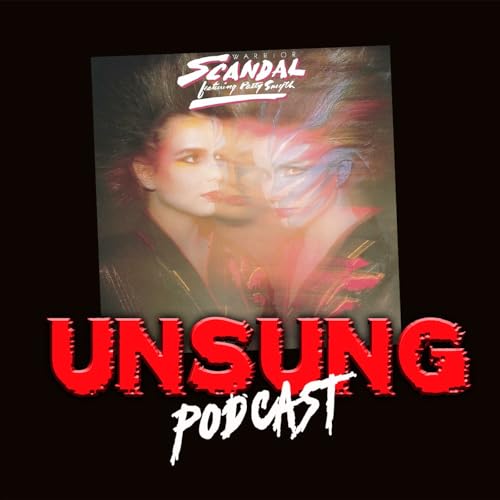This week, we're joined by Anthony Sahyoun, member of the Lebanese experimental band SANAM, for a conversation that extends far beyond music. Recorded just before the band's autumn European tour, we explore their unique sound—a compelling blend of Arabic traditional forms, post-rock, noise, and electronic elements that defies easy categorisation.
SANAM's origins trace back to an improvisational festival in Beirut, where musicians from different scenes were brought together to play with Faust's Hans Joachim Irmler. What started as a three-day residency evolved into something far more substantial, resulting in two critically acclaimed albums that seamlessly weave microtonal Arabic melodies with contemporary Western experimental music.
We discuss the realities of being a touring band from Lebanon, where you can't simply jump in a van and drive to neighbouring territories. Anthony candidly shares what it's like to perform abroad whilst your homeland faces ongoing conflict, from the 2020 Beirut port explosion to the recent pager attacks. Including what the difference is between being home during crises versus worrying from afar.
We also delve into Beirut's vibrant but precarious cultural scene, touching on everything from the city's techno resurgence to the tragic story of Mashrou' Leila and the harassment that led to their disbandment. Anthony offers thoughtful perspectives on LGBTQ+ issues in Lebanon, explaining how religiosity became weaponised during the civil war and how political thugs use marginalised communities as pawns in power struggles.
And well, as long terms fans know, we inevitably chat about streaming and the ethics of it. Which is something we've spoken a lot about lately (and will probably speak more about in future too...). Anthony doesn't hold back, expressing a preference for people to steal music rather than stream it—a radical but consistent stance given the military-industrial complex's connections to major tech platforms. It's refreshing to hear an artist speak so frankly about these contradictions.
Anthony is engaging, thoughtful, and occasionally righteously angry throughout this interview, and we had a great time chatting to him. We thoroughly recommend you check out the band's music on Bandcamp and on catch a show in Italy or the UK this November and December:
24.11 / Roma / IT / Monk
26.11 / Savona / IT / Raindogs
27.11 / Marseille / FR / Jest Festival
28.11 / Trieste / IT / youTheater
30.11 / Leeds / UK / The Attic
01.12 / Glasgow / UK / The Flying Duck
02.12 / Salford / UK / The White Hotel
03.12 / Bristol / UK / Strange Brew
04.12 / Brighton / UK / Patterns
05.12 / London / UK / Rich Mix
Highlights: 00:00 Introduction 00:24 Anthony Sahyoun's Background and Band Introduction 01:31 First Meeting and Early Performances 03:10 Formation and Evolution of the Band 07:06 Musical Style and Influences 11:07 Recording the First Album 12:45 Cultural and Musical Context 32:42 Recording the Second Album 37:28 Touring Challenges and Experiences 41:19 Life in Lebanon and Touring Challenges 42:19 Impact of Global Events on Performances 45:49 Choosing the Right Label 48:02 Lebanese Music Scene and Cultural Representation 51:40 Food and Comfort on Tour 54:47 Beirut's Music and Nightlife 01:05:16 LGBTQ+ Issues and Political Climate 01:13:50 Streaming Platforms and Ethical Dilemmas 01:22:51 Concluding Thoughts and Upcoming Shows
Hosted by Simplecast, an AdsWizz company. See pcm.adswizz.com for information about our collection and use of personal data for advertising.
 2025/12/301 時間 46 分
2025/12/301 時間 46 分 2025/11/241 時間 24 分
2025/11/241 時間 24 分 2025/11/0359 分
2025/11/0359 分 1 時間 20 分
1 時間 20 分 58 分
58 分 1 時間 12 分
1 時間 12 分 2025/08/181 時間 5 分
2025/08/181 時間 5 分 50 分
50 分
